Discover the "Tokyo-ness" at a store that has been around since the Edo period

Tokyo was once called "Edo". The Edo period (1603-1868) was a peaceful era, and various businesses flourished in the castle town of Edo. More than 150 years have passed since then, and there are still shops that maintain this tradition. These stores offer products that reflect Japan's unique culture and the characteristics of Tokyo, making them an attractive destination for people who want to feel the atmosphere of old Japan. In this article, we will introduce three long-established stores that ...
Toshimaya, a sake store that has been loved for over 400 years
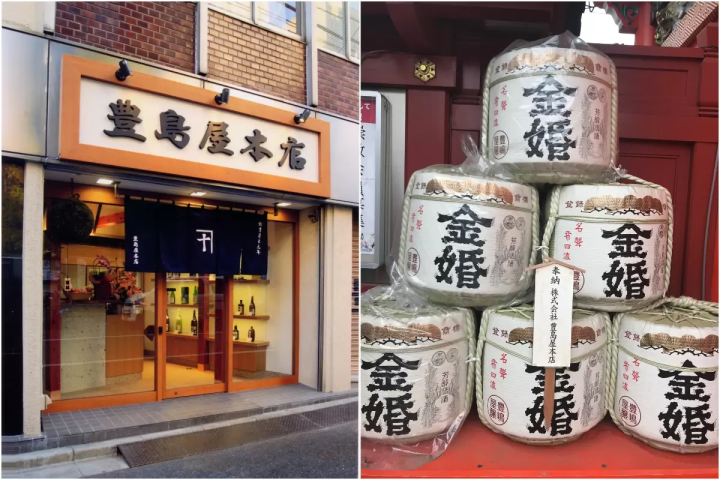
"Toshimaya" is the oldest sake store in Tokyo. Juemon, the founder of Toshimaya, started a liquor store and izakaya in Kanda, Tokyo in 1596. At that time, Edo Castle was undergoing a major expansion, and the stones and lumber necessary for its construction were transported from Kamakura to Edo and unloaded near the shop. ``Toshimaya'' was a very popular store where many people gathered and served alcohol and snacks at low prices. After more than 400 years, it continues to operate to this day. Sake also makes a wonderful gift, so if you're looking to buy alcohol, why not visit Toshimaya?
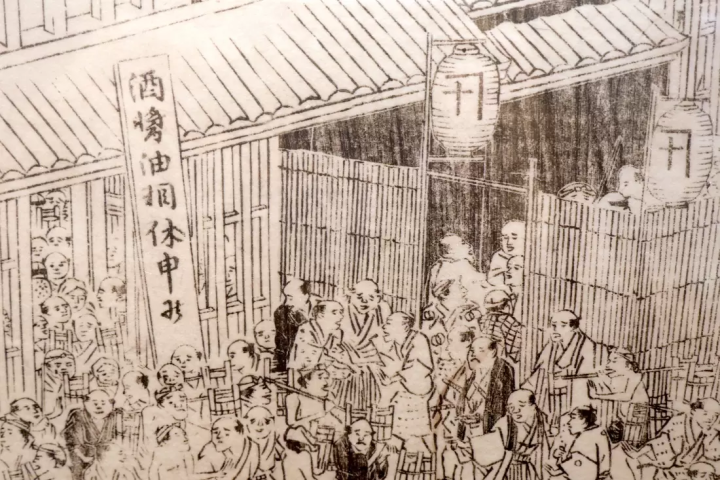
"Toshimaya" painted about 200 years ago. An alcoholic drink called “baizake” made by Juemon (note: this is different from the Chinese “baizhu”)
If you want to casually experience Japanese sake and small plates, go to Toshimaya Saketen.
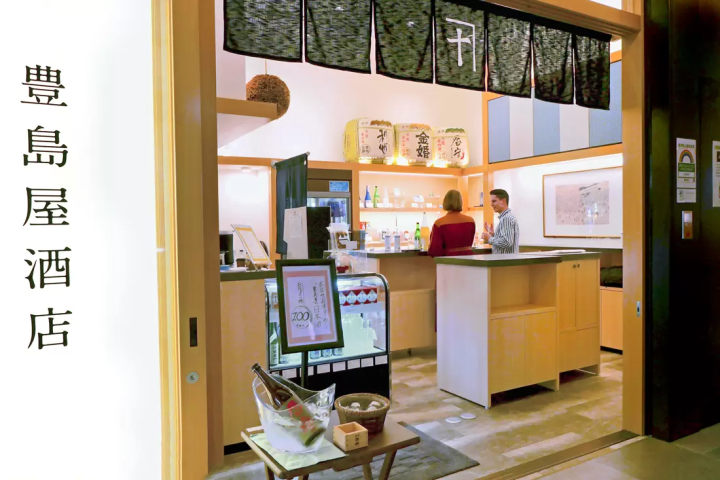
Toshimaya Saketen, located in KANDA SQUARE and operated by Toshimaya, is a standing bar with the concept of "Edo-Tokyo Modern." This is a recommended shop where everyone from beginners to advanced sake drinkers can casually enjoy sake, with a wide selection of traditional flavors that will please Japanese sake fans, as well as creative menus that are popular with young people.
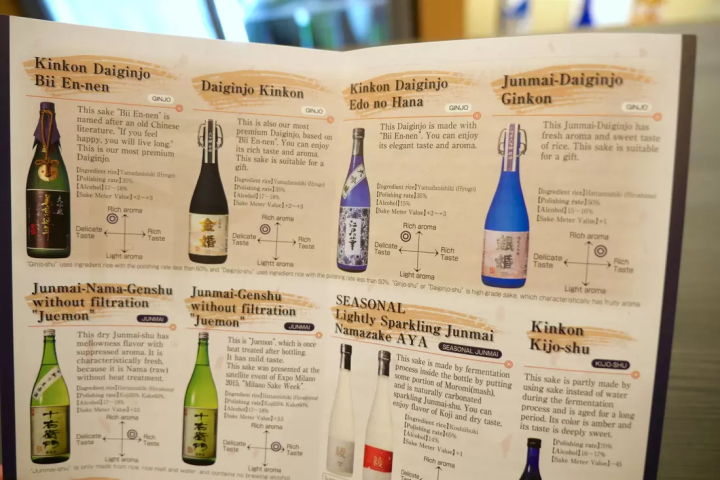
There is also an English menu! We recommend the "drink comparison set."
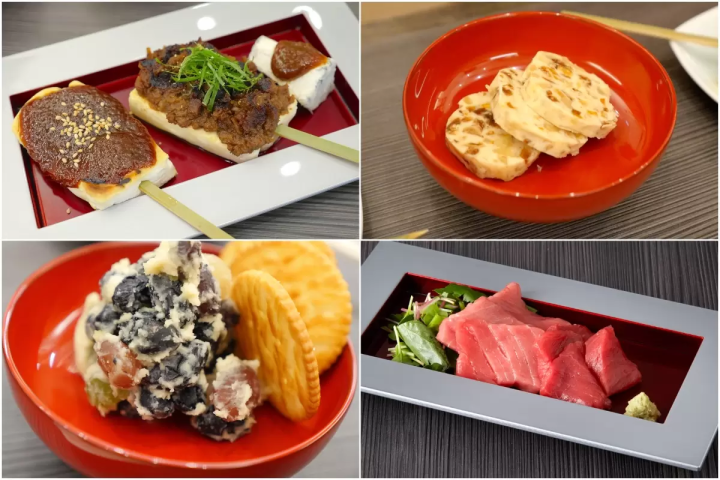
Top left) "Tofu Dengaku" with miso and goat cream cheese (Top right) Addictive "Toshimaya Butter" with butter and dried fruits (Bottom left) Amanatto mascarpone (Bottom right) Bluefin tuna sashimi
“Toshimaya Main Store” https://www.toshimaya.co.jp
1-5-1 Kanda Sarugakucho, Chiyoda-ku, Tokyo
Google Maps: https://maps.app.goo.gl/ea3MM1WNF7eJy3E87
“Toshimaya Sake Shop” https://www.toshimaya.co.jp/sakeshop/
KANDA SQUARE 1st floor, 2-2-1 Kanda Nishikicho, Chiyoda-ku, Tokyo
Google Maps: https://maps.app.goo.gl/gAAzB3cwJ5eCsmxi6
Yoshinoya Shoten makes lanterns that gently illuminate the streets of Tokyo
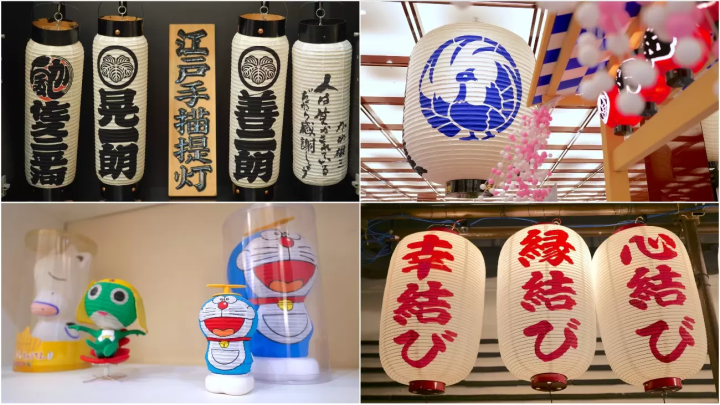
``Festival lanterns'' that preserve the tradition of the Kanda Festival, ``Great lanterns'' that create a lively atmosphere at Kobikicho Hiroba at Kabukiza, and ``Kento lanterns'' that illuminate the calming precincts of Tokyo Daijingu Shrine. ) lanterns”. These lanterns are all handmade by Yoshinoya Shoten. Founded in 1854.
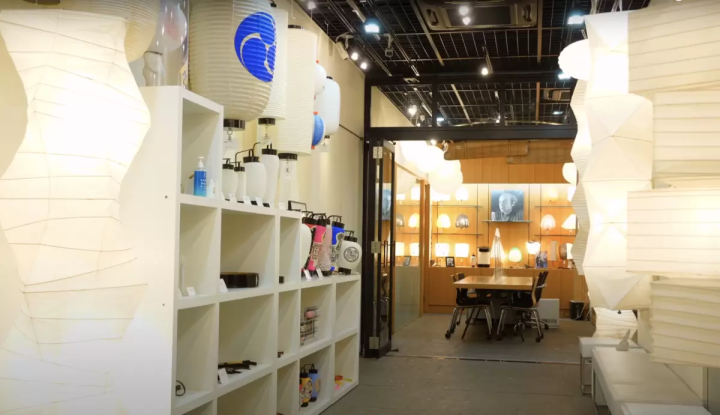
Yoshinoya Shoten showroom in Akihabara
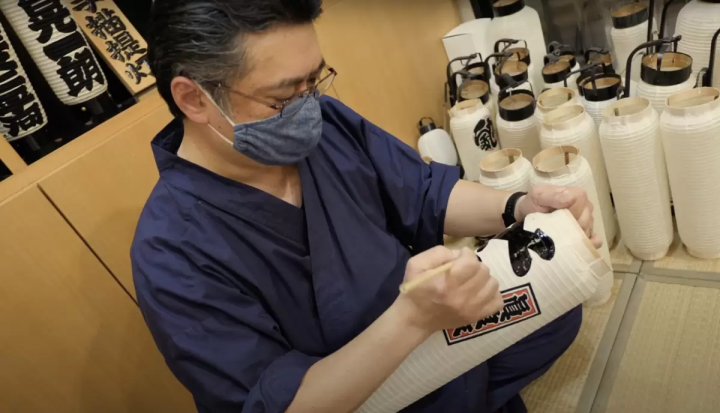
Yoshinoya Shoten mainly manufactures lanterns for shops and shrines, but they also sell lanterns to individuals. Edo lanterns with handwritten letters written by craftsmen are sure to become a unique and special memory! If your timing is good, you can even see the craftsmen writing with a brush!
“Yoshinoya Shoten” http://www.e-yoshinoya.jp/index.html
2-13 Kanda Sakuma-cho, Chiyoda-ku, Tokyo
Google Maps: https://goo.gl/maps/L8jkkvQNYYsWuSb38
Let's warm up with traditional sweetness and amazake! ``Amanoya'' near Kanda Myojin Shrine
Established in 1846, Amanoya is a long-established store that serves traditional amazake made only with rice and koji, with no added sugar. At the cafe next to the shop that sells amazake and natto, be sure to warm up while enjoying warm amazake with the gentle scent of natural sweetness!
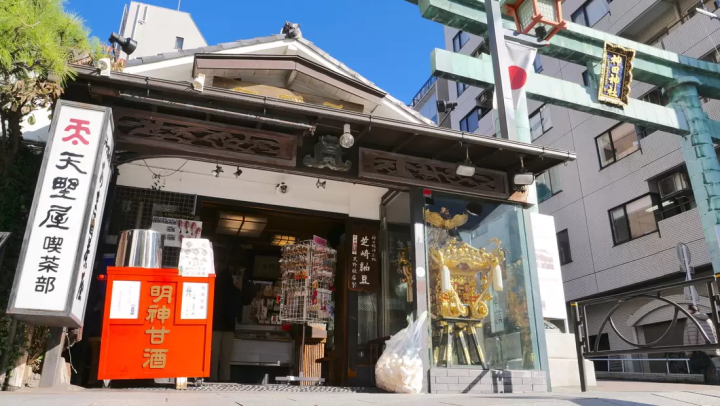
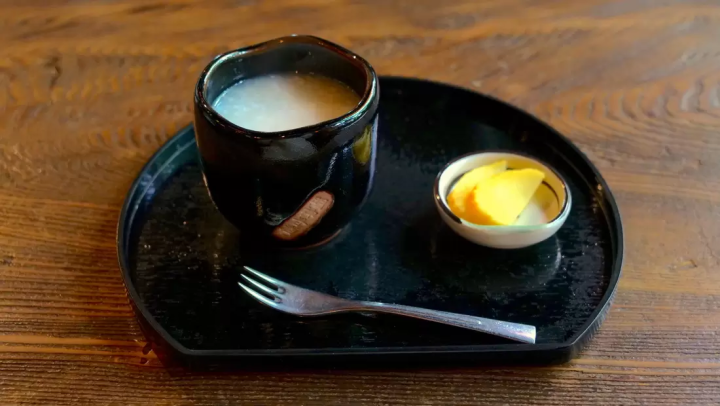
Amazake set with rice grains leftover (comes with pickled radish)
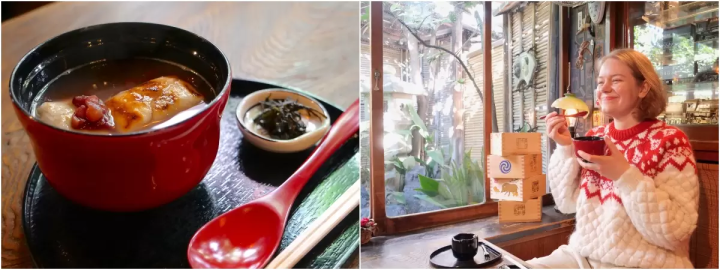
Inaka-shiruko is also recommended as a winter sweet. It's warming up!
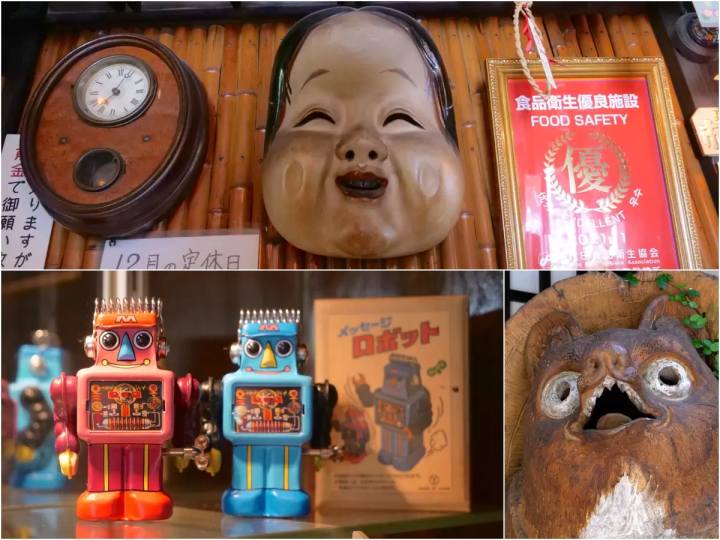
The store is decorated with a collection of retro miscellaneous goods, and it's so cute! !
After visiting Kanda Myojin, be sure to stop by Amanoya.
"Amanoya" http://www.amanoya.jp
2-18-15 Sotokanda, Chiyoda-ku, Tokyo
GoogleMaps: https://maps.app.goo.gl/UZxpr4NJ8VxrTZ8dA
We provide information on tourist spots and events in Chiyoda Ward, the center of Tokyo, including the Imperial Palace, Marunouchi, Hibiya, Akihabara, Kanda, Jimbocho, Ochanomizu, Kudanshita, Iidabashi, Hanzomon, and Kojimachi.
The contents on this page may partially contain automatic translation.
































![[During Your Kumano Trip] Dorokyo Meguri no Sato Kumano River](https://resources.matcha-jp.com/resize/720x2000/2025/11/05-249123.jpeg)
![[Kagoshima] Enjoy Minamisatsuma City to the Fullest! A Guide to the Scenic Beauty and Culture of Five Areas](https://resources.matcha-jp.com/resize/720x2000/2026/02/15-258755.webp)
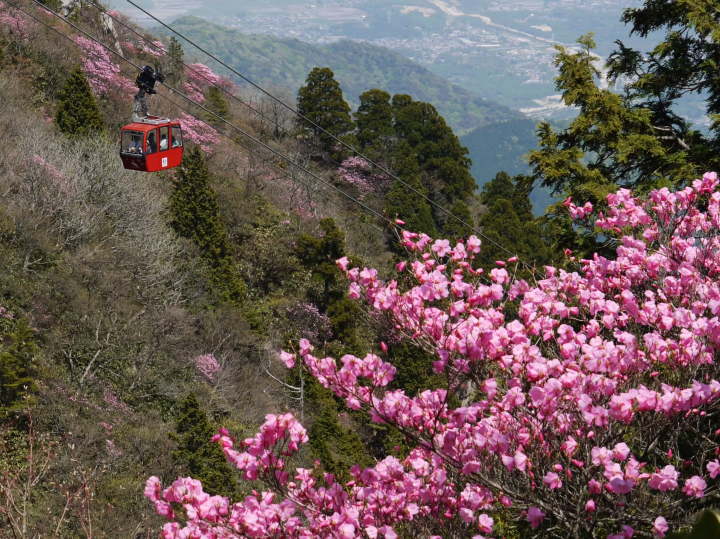
![[Yufuin]Yufuin in 100 Minutes: Quick Access Guide](https://resources.matcha-jp.com/resize/720x2000/2026/02/15-258738.webp)
![[Shinjuku Nishiguchi HALC] About the d Point Campaign](https://resources.matcha-jp.com/resize/720x2000/2026/02/14-258714.webp)